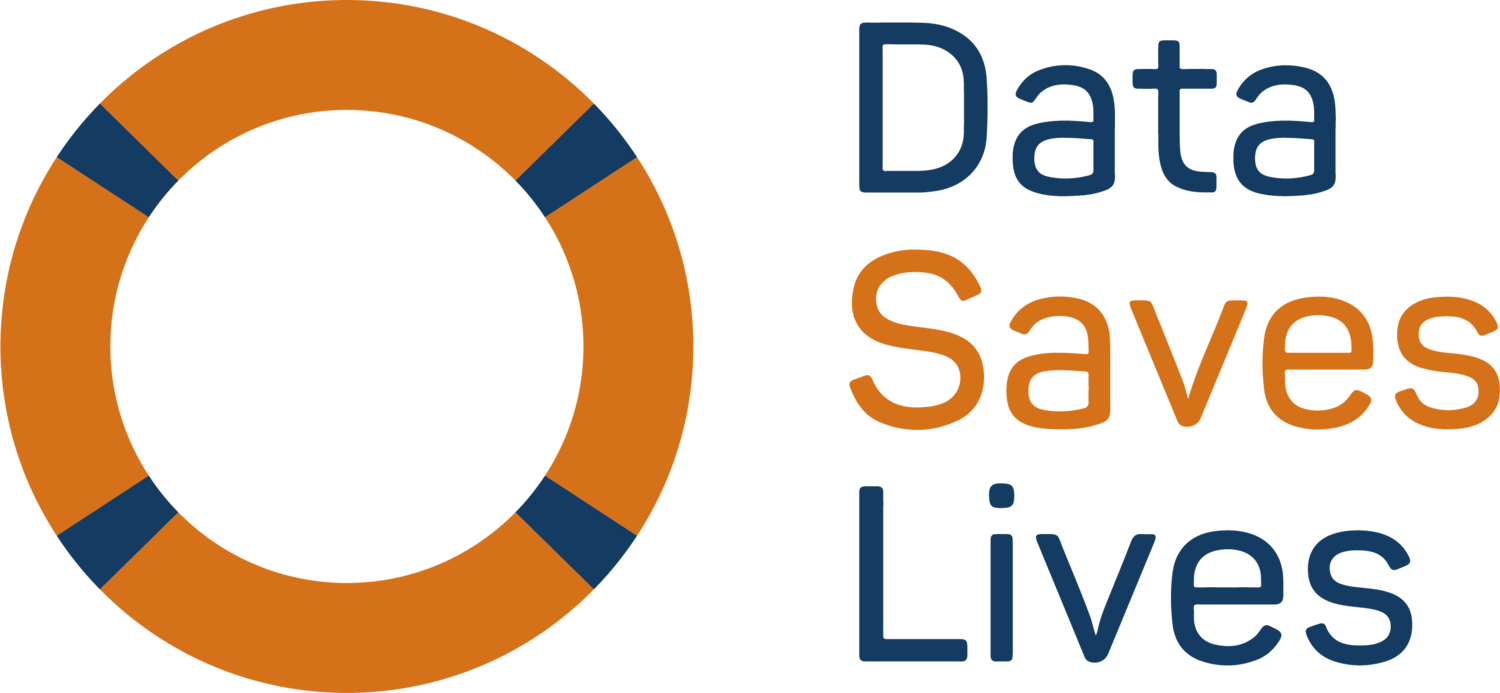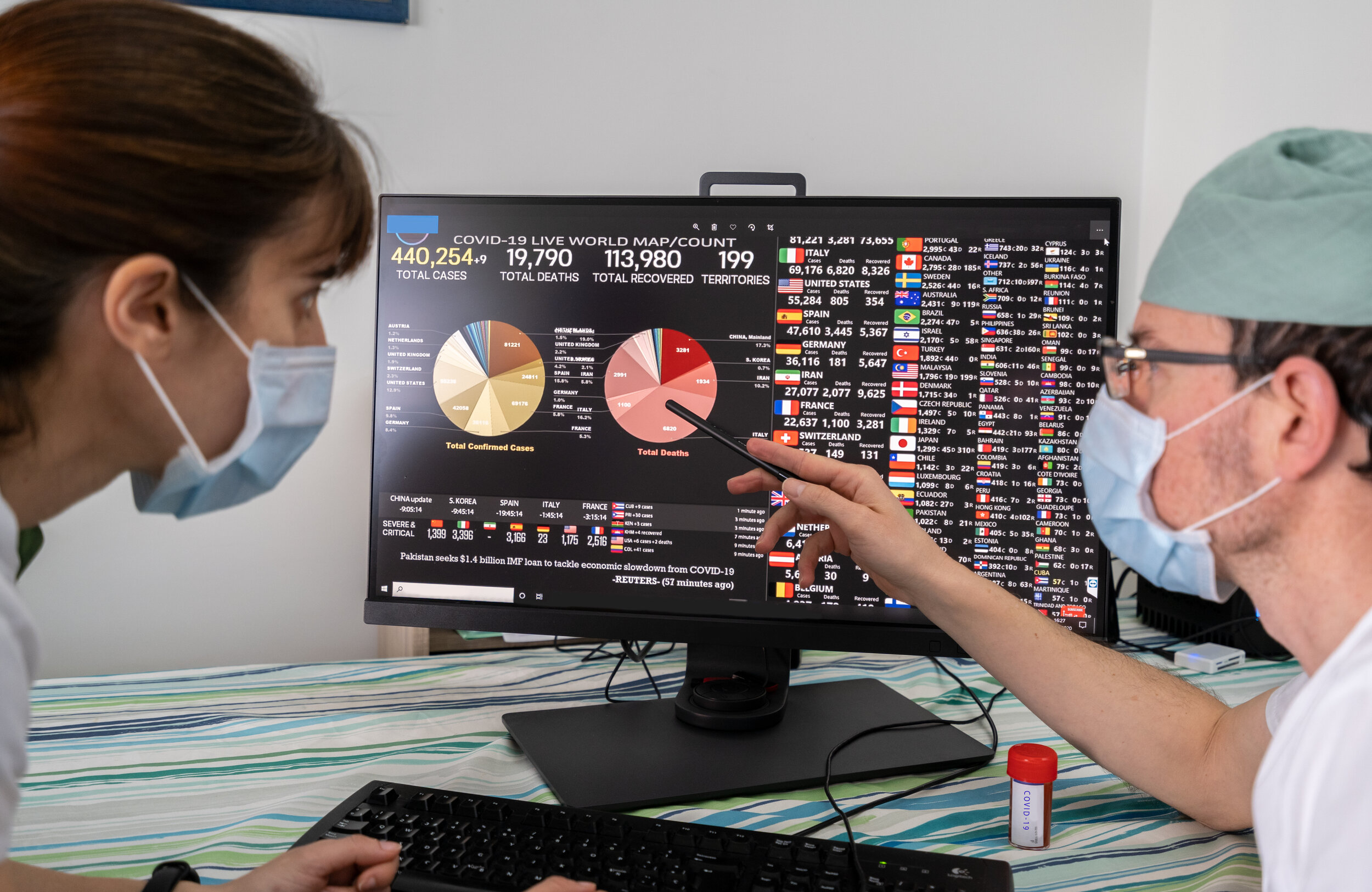I think it was in March that I received an email via Oura from the University of California San Francisco (UCSF) regarding the TemPedrict study, as I have a wearable, an Oura ring, which monitors activity, sleep, vital signs inclusive of body temperature.
This was quick within the onset of the wider pandemic in the US and Europe, and it required agreeing to the study protocol, linking my Oura data with the UCSF study team and completing a daily tracker of three questions online. For me, this seemed the least I could do with the threat of a pandemic growing.
Of course, now in July there are multiple national and international initiatives collecting clinical and/or personal data to track and identify cases, generate insights and inform policymakers, and we have seen a rapid expansion of the SARS-COV-2 virus and COVID-19 disease worldwide.
Within the project I am co-leading, the European Health Data & Evidence Network (EHDEN), we also felt impelled to facilitate collaboration between those who had COVID-19 clinical data and those who may be interested in it. Hence, we launched an open call in May for Data Partners to collaborate with us, harmonising their clinical data locally to a common data model, and to create a COVID-19 research network in Europe. This will also support an ongoing study-a-thon by the global OHDSI network, which has conducted a number of data characterisation, effect estimation and prediction studies in COVID-19.
We were delighted to receive 75 applications by the end of the May, and selected 25 partners in ten countries, who we are working with now. It is imperative that we see an expansion of relevant, representative data to support questions about the virus and the disease, and even though many countries are attempting to emerge from lockdowns, we do not know the nature of subsequent outbreaks and peaks.
The COVID-19 pandemic has cast a dark mirror on our society, and it has reiterated that many of our data collection and collaboration systems are not fit for purpose, meaning we have been challenged with ensuring questions can be answered in a timely manner. This has, sadly, impacted on us all, and in particular those who have been exposed and developed COVID-19, possibly with fatal consequences.
We clearly need to preserve the rights of any citizen to privacy and confidentiality, but we clearly also need to generate insights into our own biology, diseases, their management and treatment, and of course our outcomes in the real world. In Europe we have had the General Data Protection Regulation[1] enforced since May 2018, and we have international ethical standards to preserve citizen rights. Meanwhile projects like EHDEN are working to enable and facilitate research while maintaining data locally behind firewalls[2] and approval processes, so-called ‘privacy by design’.
We will need to learn from this pandemic, as many have oft commented, but ‘routine’ healthcare has also suffered from reallocated resources and fear from patients of being in a hospital. All of this will impact on our post-pandemic world and increase the need we have for more insights and evidence.
This all makes my decision to include my Oura data a very minimal decision, but if we all make such decisions, under the right conditions, we will improve society’s lens on healthcare today, and in the future.
[1] The General Data Protection Regulation – is a 2018 EU law on data protection and privacy, which includes the transfer of personal data in and outside the EU. This means that the personal data of EU citizens is legally protected, and people must be told how their data will be used, for what purposes and how it will be protected. To learn more about Data Privacy, go to: https://datasaveslives.eu/dataprotection
[2] Firewalls – an online security system that monitors and controls incoming and outgoing network traffic, based on a set of pre-determined security rules which are meant to prevent unauthorised access.
Nigel Hughes, Scientific Director, Janssen Epidemiology
Project Lead - EHDEN


